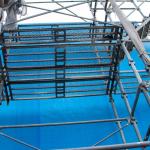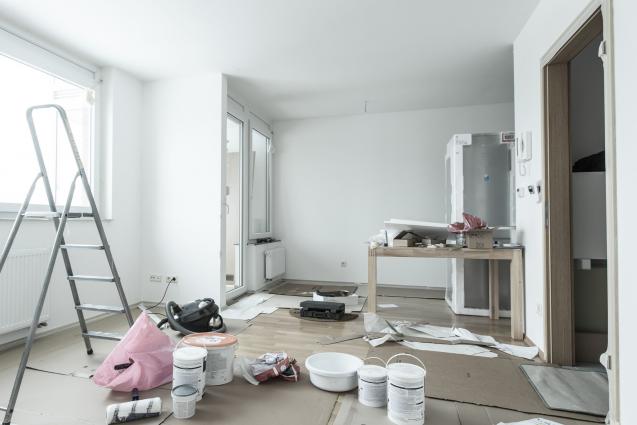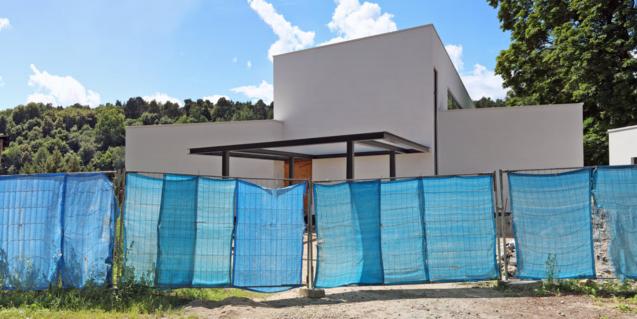
How Industrial Tarps Withstand Harsh Weather Conditions
Material matters
At the core of an industrial tarp's ability to withstand harsh weather lies the selection of materials. Modern tarps are crafted from robust materials such as polyethylene, vinyl, canvas, or mesh, each offering unique advantages. Polyethylene tarps, for instance, exhibit excellent resistance to UV rays and water, making them ideal for outdoor applications. Vinyl tarps are known for their exceptional durability and resistance to abrasion, while canvas tarps provide a breathable yet sturdy option for certain applications.
Waterproof coatings
One of the primary challenges industrial tarps face is the relentless onslaught of rain. Advanced waterproofing technologies, including laminations and coatings, create impermeable barriers that shield against water penetration. These innovations not only protect sensitive equipment and materials from water damage but also prevent the growth of mould and mildew, ensuring the longevity of the tarps.
UV-resistant coatings
Exposure to prolonged sunlight can lead to material degradation and colour fading. Industrial tarps combat this challenge through UV-resistant coatings or additives. These protective layers shield the tarps from the sun's harmful ultraviolet rays, preserving their structural integrity and appearance over time.
Additional features for strength
Industrial sites such as oil and gas rigs often face strong winds that can exert immense pressure on tarps, potentially causing tears or structural damage. Tarps designed for windy conditions incorporate reinforced edges, grommets, and secure fastening mechanisms. These features ensure that the tarps remain firmly anchored, providing reliable protection even in gusty weather.
Breathability
In certain scenarios, such as covering items sensitive to moisture, opting for canvas tarps becomes a strategic choice due to their unique breathability properties. Unlike some other tarp materials, canvas allows air circulation, preventing the buildup of condensation that can lead to moisture-related issues like mould and mildew growth. This breathability is especially crucial when safeguarding items such as wooden furniture, artwork, or specialised equipment that are susceptible to damage from prolonged exposure to damp conditions. The canvas material acts as a protective yet breathable shield, creating an environment that discourages the conditions conducive to mould.
Flame retardant
Flame-retardant tarps are pivotal in environments where fire safety is paramount. Treated with special coatings, these tarps resist ignition and slow down the spread of flames, providing a crucial protective barrier. This feature is especially essential in industries like construction and manufacturing, where fire hazards are prevalent. By adhering to safety regulations and standards, flame-retardant tarps not only contribute to a safer working environment but also offer valuable time for emergency responses in the event of a fire, minimising potential damage and ensuring the well-being of individuals on-site.
As you can see, custom tarps can be manufactured for just about any purpose. From heavy-duty industrial settings requiring specialised materials to personalised covers for recreational purposes, there’s a tarp for just about anything. As technology advances and materials evolve, the potential for innovative and precisely tailored tarps continues to expand, ensuring that these adaptable covers remain an integral part of numerous sectors, contributing to efficiency, protection, and the seamless integration of practical solutions.



